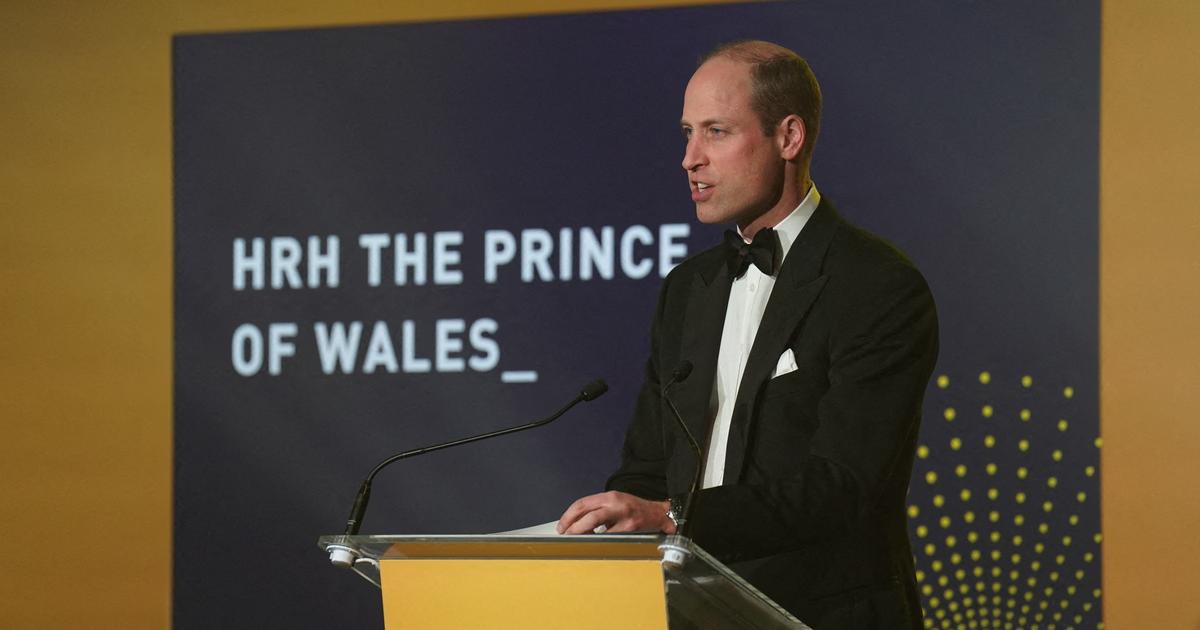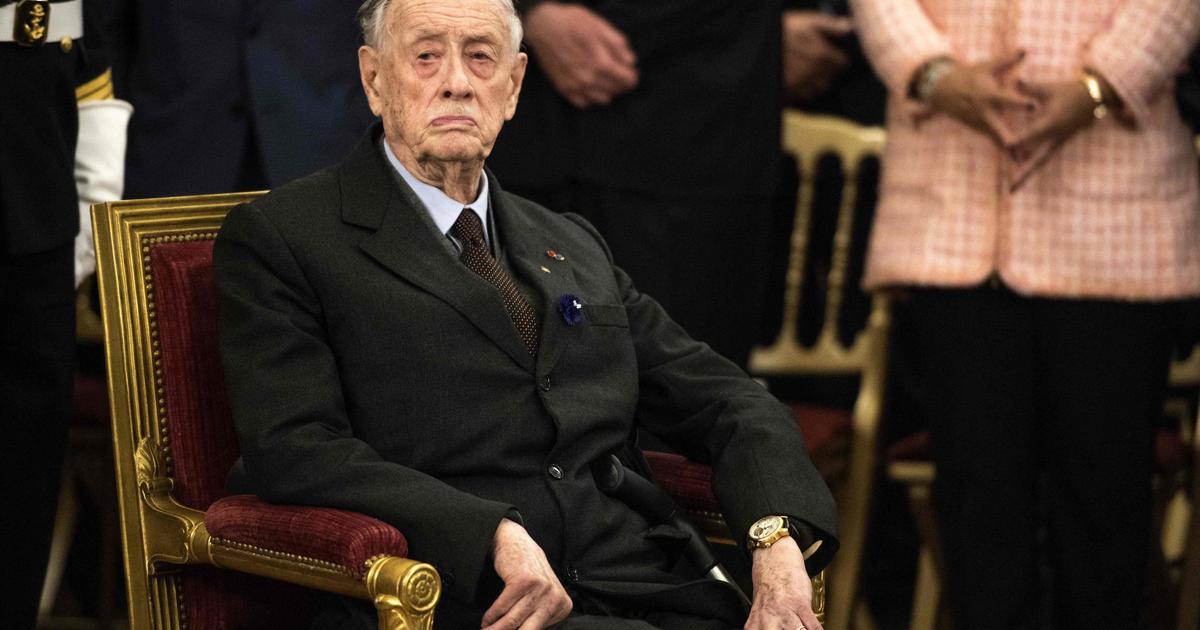The Mexican president, López Obrador, together with Laura Bosques, daughter of Gilberto Bosques, during the posthumous delivery of the UNESCO recognition to the diplomat.
They called
him the Mexican Schindler
.
Gilberto Bosques Saldívar was a revolutionary, professor, journalist, diplomat.
And during World War II, he was Mexican President Lázaro Cárdenas' right-hand man in France.
In 1939, Spain had just fallen to the Francoists, Mussolini's fascism and his black shirts darkened Italy, and Hitler was advancing across the continent.
Bosques Saldívar arrived with a mission: to help all those who were fleeing from that concentration camp that Europe was becoming.
And he did it: he saved more than 40,000 people, many of them exiled Republican Spaniards who found refuge in Mexico.
This Tuesday UNESCO has honored him posthumously with the delivery of the Memory of the World recognition.
The Mexican president, Andrés Manuel López Obrador, has been in charge of delivering the award to Bosques Saldívar's daughter, Laura Bosques, at the National Palace.
The president has referred to the honoree as "the best diplomat in the history of our country, the most humane."
“Unesco has been able to preserve and consider as a fund, a private archive, everything related to Don Gilberto Bosques, who had a lot to do with saving the lives of persecuted, exiled, not only Spaniards, but from all over the world;
a truly exemplary man”, he added, in a video broadcast on his official channel.
The diplomat's daughter, Laura Bosques, thanked the recognition with visible emotion.
“He always said, it wasn't me, it was Mexico”, she has said in memory of her father.
Bosques Saldívar arrived in Paris in 1939, but after the Nazi takeover of the French capital in June 1940 he moved to Marseille, in the south of the country.
There, thanks to his privileges as consul, he started a kind of legal office with Spanish and French lawyers that saved the lives of more than 40,000 people, according to estimates of the time.
Spanish exiles, but also Jews fleeing Hitler, persecuted politicians and ordinary people escaping the horrors of Nazism.
“If there had been more boats, many more people would have come”, Laura Bosques maintained during the delivery.
However, he is remembered above all for his enormous help to the Spanish exiles.
More than 25,000 arrived in Mexico after the Civil War, according to the UN.
The majority, thanks to the visas issued by Bosques Saldívar.
Many, after Franco's triumph, crossed the border and sought refuge in France, where they were received with more poverty in concentration camps.
The overcrowding in these camps was so great that the Mexican diplomat used two castles in the outskirts of Marseille, Reynard and Montgrand, to house an additional 1,350 people.
The consul even rescued the writer Max Aub from the Vernet concentration camp, who later recounted his experiences as a refugee during the war in several books.
Gilberto Bosques in Marseille (France), in 1941. BOSQUES FAMILY ARCHIVE
Bosques Saldívar returned to Mexico at the end of World War II, but not before spending more than a year imprisoned in Germany with his wife, María Luis Manjarrez, and their three children, Gilberto, Laura, and Teresa.
History still had another important role reserved for him to play: he was ambassador to Cuba, and facilitated the entry visas to Mexico for Raúl and Fidel Castro, who designed the Revolution they led on the island in 1959 during their stay in the country.
His humanistic and revolutionary spirit first found its place in the Mexican Revolution in 1910, where he played an important role.
Years later, in 1917, he became one of the politicians who drafted the Constitution that still governs Mexico.
He received the nickname of the
Mexican Schindler
, although there are those who say that it would have to be the other way around, that Schindler should be remembered as
the German Forest
: the Mexican helped more than 40,000 people, Schindler saved more than a thousand Jews.
He passed away in 1995, at the age of 103, after a life that left its mark on history.
Nearly two decades later, the tributes continue.
subscribe here
to the
newsletter
of EL PAÍS México and receive all the informative keys of the current affairs of this country



/cloudfront-eu-central-1.images.arcpublishing.com/prisa/LGRBDD5G3JED7D33VTE6BI3IIA.jpg)





